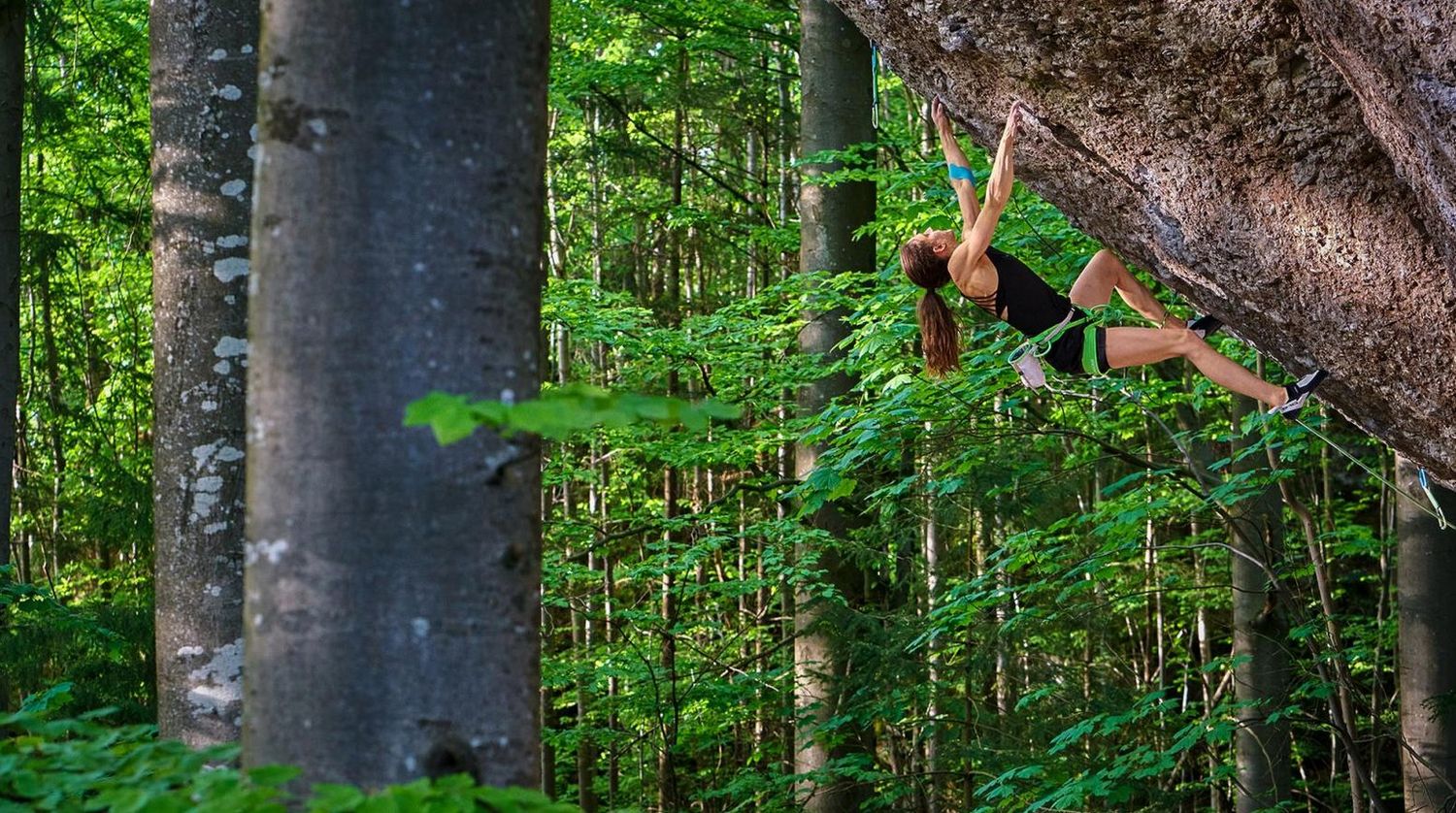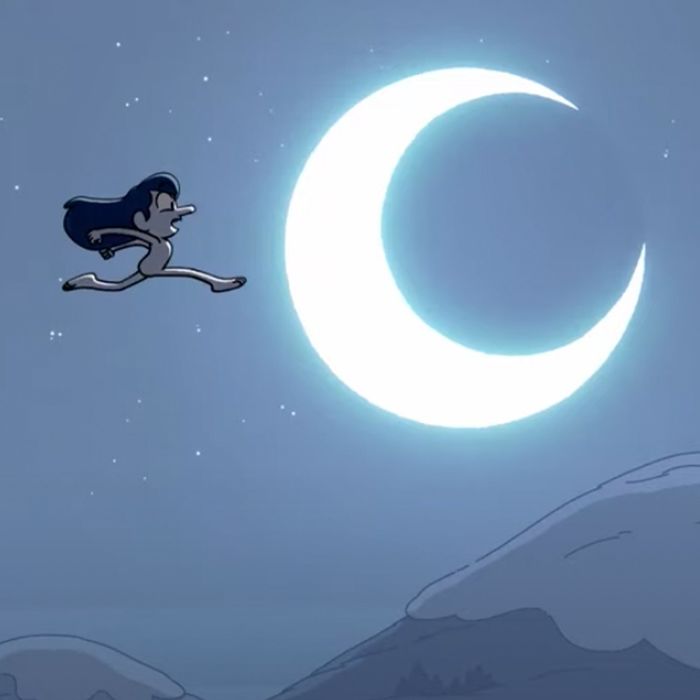Last Thursday at the Corn Exchange, the Banff Mountain Film Festival’s World Tour came to Cambridge. Named after the Canadian town of Banff, the festival aims to show the world’s best mountain-related films. Expect: climbing, extreme sports, and documentaries about far off peoples and places.
This year the screenings kicked off with sport climbing. Sport climbing routes are short by climbing standards, under 70 metres long. That said, they can be punishingly difficult. The hardest among them require otherworldly strength and determination. In the first film of the night, we got to see all those attributes in Mélissa Le Nevé’s ascent of Action Directe, once the world’s hardest route and still one of the most iconic.
Until last year, it had never been climbed by a woman. The hardest, and first move in the route is a wild jump from a one finger pocket into a two finger pocket. Do yourself a favour and look it up, it seems impossible. The film is shot beautifully and intercuts attempt after attempt with snippets from Le Nevé’s life while she worked on her ascent. She first attempted it in 2013 but her only successful attempt came in late 2020. Le Nevé’s monomaniacal focus is lightened by her humour and personality. By the end you desperately want her to succeed — during a try in 2017 she fell 3 moves from the top and the audience audibly gasped. The film is strongest when we can see Le Nevé work her magic. It is brilliant, mesmerising climbing. The film’s only real crime is alerting us to her imminent success with some Spanish guitars which somewhat diffuse the tension. But in the final few moves we hear her screams through the forest. “What the fuuuuckkk!” she screams in pure joy.
Next was Follow The Light, a stunning, if somewhat disjointed, narrative-less 4 minute short filmed in Cappadocia, Turkey. A series of drone shots follow Kilian Bron as he rides a mountain bike on smooth humps of tuff, a soft rock made from eons-old ash, with ancient cities and hot-air balloons in the background — all characteristic of the region. The highlight of the short is a sequence in which Kilian follows a flare through a winding path in the dead of night. Unfortunately, the hectic editing makes him hard to follow through what should have been a ride that had us on the edge of our seats. But the constant breaks of cinematic coherence — rapid changes from night to day, from going left to right and then right to left — landed the filmmaking closer to the realm of advertisement than either the athlete or the location deserved.
“Lentsch is a skier, not a documentarian or a journalist, and it shows”
The third and longest film, Foreign Native, was unfortunately the worst. It followed Fabian Lentsch’s attempt to experience Iran’s vast untamed mountain ranges not as a tourist but as a local. To this end Fabian moved to Tehran for a full year. But the project was interrupted by COVID, and much of the crew had to leave Iran — one of the hardest hit countries in the early days of the pandemic. Fabian stayed on, but the product of his stay was an extended travel vlog peppered by mostly uninteresting and sloppily researched cultural facts. Lentsch is a skier, not a documentarian or a journalist, and it shows. What could have been a fascinating look at Iran’s subculture of daredevil athletes and sporting history, was in fact a slapdash documentary told with little cinematic verve or cultural expertise. As it ends, instead of classical Tanbur music that should have been the soundtrack, we are treated to a slideshow overlayed with generic pop. “I need a ride. I think I have survived,” the lyrics sounded, as we saw pictures and videos of an exciting intimate adventure we, the audience, were never allowed to experience. “Why Iran?” “Why not?” he answers.
Then came a film about Rab Wardell’s record breaking bike ride through the West Highland Way, a 151km trail from Milngavie north of Glasgow to Fort William in the Scottish highlands. Wardell’s achievement is impressive, and the story is told with levity and charm. It is certainly worth watching if you need some inspiration to, in Wardell’s words, “do something stupid.”
The next film, From My Window, won Banff’s best short film award, and follows Melissa Simpson’s climb of a 13,000 foot peak entirely in her wheelchair. Simpson was born with cerebral palsy. From her window in Colorado she could see some of the state’s highest peaks but was daunted by her disability. With the help of Erik Weihenmayer, a blind explorer, and a team of veterans and people with disabilities, Melissa attempts the climb. It is an emotionally stirring film that brought my companion to tears. And rather than a story extolling independence and personal achievement, the focus is on solidarity and the need we all have, regardless of disability, for community.
“It is an emotionally stirring film... And rather than a story extolling independence and personal achievement, the focus is on solidarity”
After the emotional highs of From My Window came The Ultimate Run, a fictional short imagining big mountain skier Marcus Eder’s dream ski run. The film starts high up on a glacier, and we follow Marcus’ way down as he weaves through seracs and flies over cliffs into an ice cave and onto the groomed runs of a ski-resort. It is shot superbly. A pastiche of shots, The Ultimate Run is a ski-bro fantasy without the dated 80s antics of Fabio Wibmer.
Overall, Banff was a delight. Keep your eyes peeled for its next visit to Cambridge on the 28th of May.



